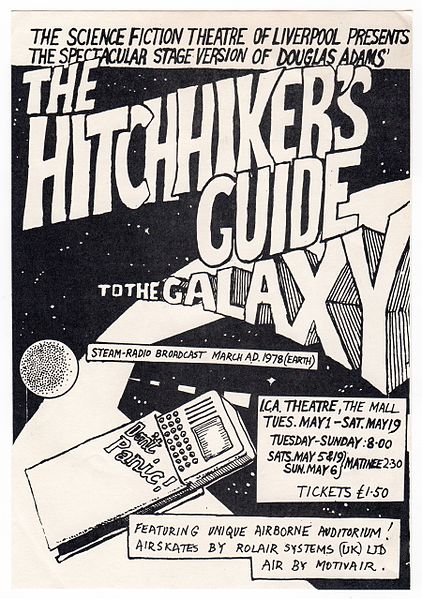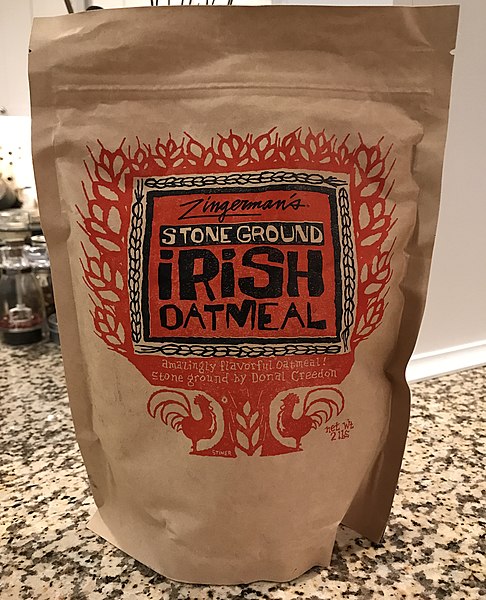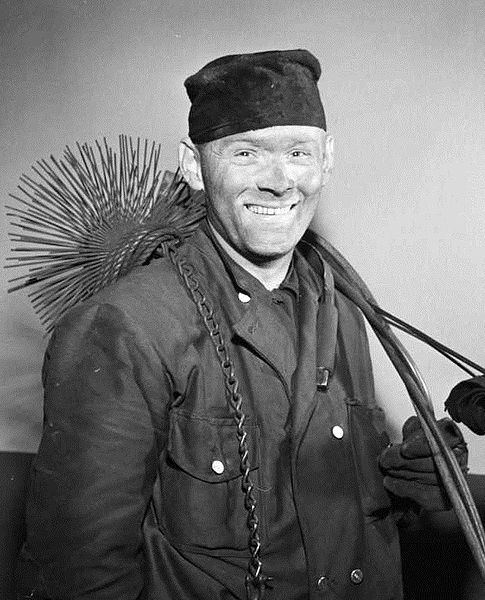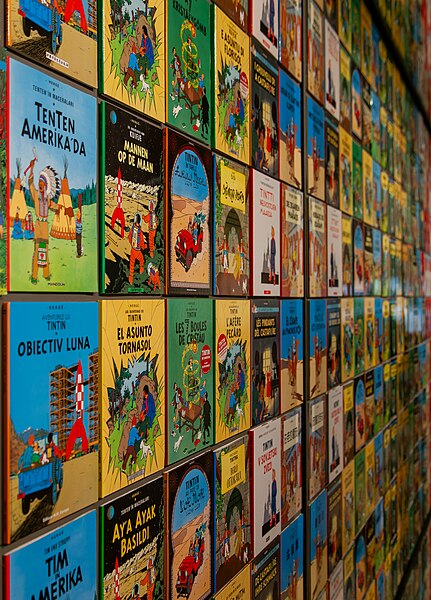“Drink a beer, read a book…I read on a weekend…during the weekdays, gee…don’t do that much reading from Monday through Friday. Unless it’s a horny book” – Mike Lefevre to Studs Terkel, ‘Working’
Vine update—Chapter Nine: “Written in The Book Of Common Healing Knowledge Is…” is out this morning! Yesterday was Chapter Eight: “Numerous Sightings Of A ‘Devil Like Figure’ Were Reported.” Monday was Chapter Seven: “Rendered Guilty Verdict Unto Sarah Beth Miller Under Counts Of Practicing Witchcraft.” Still working on the podcast (should be up soon!), but you can sign up for the Vine Newsletter on the homepage. All we’ll do is send you a weekly roundup of the stories.
My undergrad English degree worked out about as perfectly as it could have for a school without an official Creative Writing degree (a mere concentration). I was able to take a lot of workshops, and there was some real interest in contemporary lit on campus. I’m grateful, especially since not only did I not know what I wanted out of an English program when I enrolled as a freshman, I also did no research on the faculty.

If I had one complaint, it’s that we spent waaaaayyyyyy too much time on British people before the 20th century. Who gives a shit if the degree is “English Literature?” What have the English ever done for literature?

It is with a heavy heart, then, that I say I can’t even be mad at all my Brit Lit requirements. I would’ve never read David Copperfield on purpose, let alone spending a semester close-reading it with supplemental Victorian culture texts. I’m glad I did, though, because not only is David Copperfield a pretty decent book (if you don’t mind all the Dickens), but it was in that class that I learned Dickens’s novels were serialized originally.

Serializing a novel is basically a novel in installments, in more ways than one. You publish chapters in newspapers or magazines or chapbooks, and readers both read and buy along with you. It certainly helped Dickens cultivate a readership amongst the poor—y’know, the people he was writing about.

Tolstoy published War and Peace as a serial, and didn’t have a title when he started. It was called “The Year 1805.” What some people call the GOAT novel was first published as “idk man it takes place 60 years ago.” Sorta makes me feel better catching typos in Vine even after staring at it for 18 months or whatever. George Eliot serialized Middlemarch, although it sounds like a rough time. Even Agatha Christie serialized And Then There Were None, so Rian Johnson was right to follow up Glass Onion with Poker Face if he’s trying to be 21st century Agatha Christie.

It’s not just British and Russian writers—from what I can tell, serialization is big in Japan, too. I swear I’ve read about Haruki Murakami having his novels published as serials, but the only evidence I can find now (at least given the amount of research I’m willing to do for a supporting example for a point I’m making in an unpaid blog post) is this LA Review of Books article talking about Novelist as a Vocation. Well, we are talking about how a novelist is to live in this post. But Japan—besides this list of serialized novels I haven’t read—brings up manga, which I’m not overly familiar with, but I have had brief periods of buying first-run comic books every Wednesday.

Serialization is everywhere, is what I’m saying. Probably more contemporary examples I don’t know about—just doing the brief research for this post, I learned that Stephen King, Margaret Atwood, and Michael Chabon have experimented with serials. I am surprised it’s not a bigger deal in the age of the internet.

Brendan and I wanted to publish Vine as a serial mostly because it seemed fun. More than that, though, we thought you, the reader, might enjoy a piece of a story during your weekday. Something that doesn’t suck in your email inbox, or something to read on your phone while you’re waiting at the mechanic’s. In a time when books are competing with movies, video games, and TikTok for attention, the written word can sometimes feel a little hoity-toity, highfalutin. Well. We just want you to read a chapter at a time, no big deal. Hell.
If I can end with a few more choice Mike Lefevre quotes. The whole piece is worth reading—Mike’s a steelworker—it’s from the “Who Built The Pyramids” section of Working:
[Co-worker] saw a book in my back pocket one time and he was amazed. He walked up to me and he said, “You read?” I said, “What do you mean, I read?” He said, “All these dummies read the sports pages around here. What are you doing with a book?” I got pissed off at the kid right away. I said, “What do you mean, all these dummies? Don’t knock a man who’s paying somebody else’s way through college.” He was a nineteen-year-old effete snob.
[Studs interjects] Yet you want your kid to be an effete snob?
Yes. I want my kid to look at me and say, “Dad, you’re a nice guy, but you’re a fuckin’ dummy.”
…
I’d like to run a combination bookstore and tavern…a place where college kids came and a steelworker could sit down and talk. Where a workingman could not be ashamed of Walt Whitman and where a college professor could not be ashamed that he painted his house over the weekend.
If a carpenter built a cabin for poets, I think the least the poets owe the carpenter is just three or four one-liners on the wall. A little plaque: Though we labor with our minds, this place we can relax in was built by someone who can work with his hands. And his work is as noble as ours. I think a poet owes something to the guy who builds the cabin for him.
Brendan and I wanted to release Vine as a serial so you could read it on your lunch break. Read it instead of paying attention to a meeting, listen to the podcast when you’re rolling silverware. Read it on the train or bus. We are/have been those bored working stiffs. We hope Vine makes the clock move for you.
Sorry you got an email,
Chris
